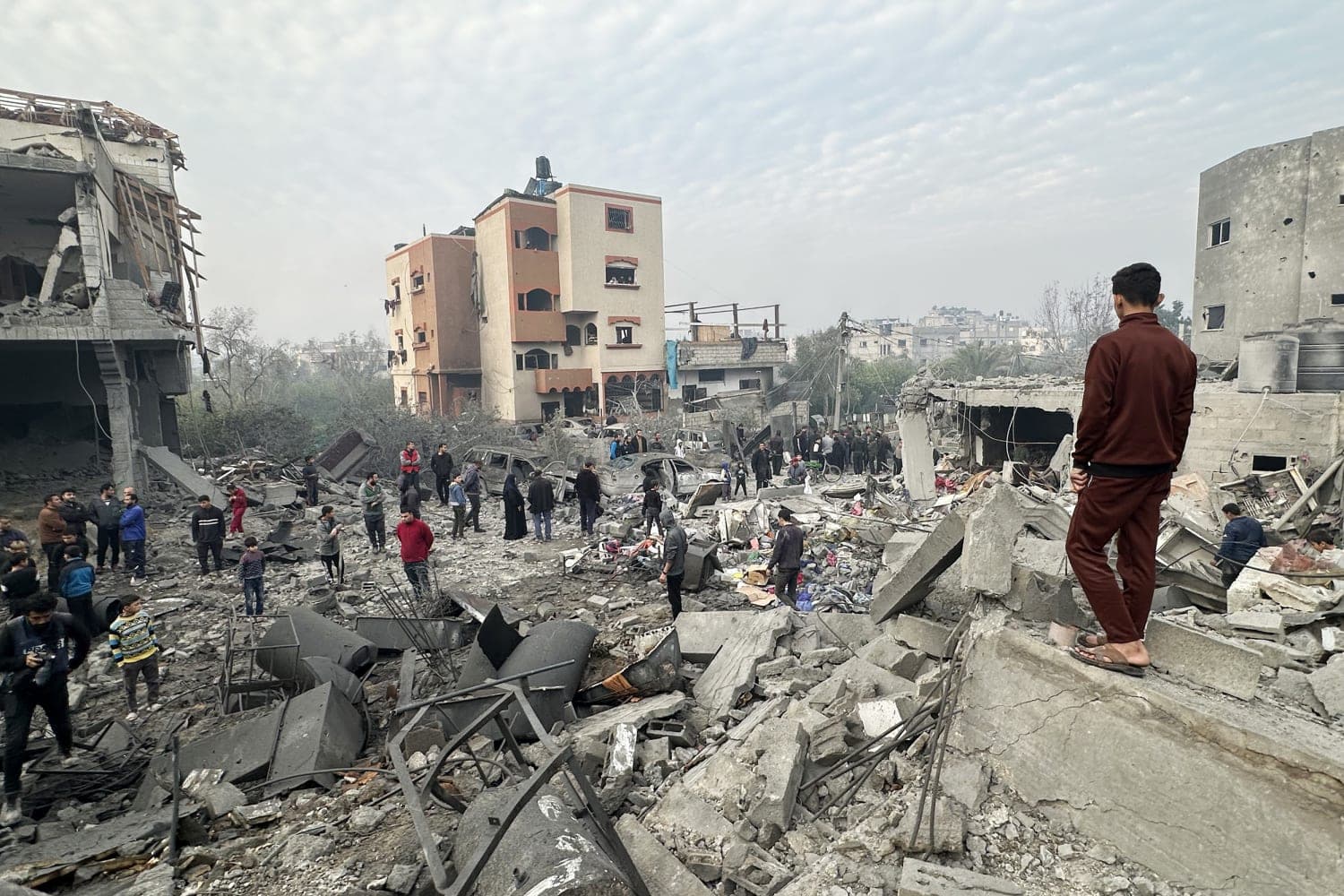We're loading the full news article for you. This includes the article content, images, author information, and related articles.
The fragile ceasefire between Israel and Hamas faces renewed strain over humanitarian aid access to Gaza and the recovery of deceased hostages, raising concerns about the deepening humanitarian crisis in the territory.

Accusations of ceasefire violations are escalating between Israel and Hamas, casting a shadow over the recent agreement intended to bring a surge of humanitarian aid into Gaza. The ongoing dispute centers on the flow of desperately needed assistance and the return of deceased hostages, with international bodies warning of a worsening humanitarian crisis in the devastated territory.
Israeli officials announced on Thursday, October 16, 2025, that the Rafah crossing with Egypt would remain closed to individuals until at least Sunday, October 19, 2025, and potentially for humanitarian convoys as well. This decision has drawn strong criticism from aid agencies, which emphasize the critical role of the Rafah crossing, controlled by Israel since May 2024, in delivering sufficient humanitarian assistance to Gaza.
Hanan Balkhy, the regional director for the World Health Organization (WHO), reiterated urgent calls from international leaders for Israel to significantly increase aid access. “We need more fuel to go into Gaza, we need more food, more medical equipment, medications, medics, doctors,” Balkhy stated, highlighting the dire needs of the population.
The current tensions follow a two-year conflict that has severely impacted Gaza, leading to widespread destruction and a profound humanitarian crisis. The ceasefire deal, signed last week, had initially sparked hopes for an unimpeded flow of aid, but most restrictions have reportedly remained in place, hindering relief efforts.
Israel has accused Hamas of violating the ceasefire agreement by failing to return the remains of all deceased hostages. While Hamas returned the last 20 surviving hostages on Monday, October 13, 2025, only nine of 28 deceased captives were handed over. Hamas has stated that it requires specialist recovery equipment to retrieve the remaining bodies from the ruins of Gaza.
US advisors involved in the implementation of the ceasefire deal, alongside the Red Cross, have acknowledged the significant practical difficulties in recovering hostage remains amidst the extensive devastation caused by Israel's offensive over the past 24 months.
The conflicting accounts regarding ceasefire violations and the logistical challenges of recovering remains underscore the complexities of the current situation. The accusations from both sides contribute to an environment of mistrust, making the full implementation of the ceasefire agreement more challenging.
The international community will be closely monitoring developments at the Rafah crossing and the progress of humanitarian aid delivery. The ability of aid agencies to access Gaza and provide essential supplies will be a critical indicator of the ceasefire's effectiveness. Further negotiations regarding the recovery of deceased hostages are also anticipated.
Keep the conversation in one place—threads here stay linked to the story and in the forums.
Sign in to start a discussion
Start a conversation about this story and keep it linked here.
Other hot threads
E-sports and Gaming Community in Kenya
Active 9 months ago
The Role of Technology in Modern Agriculture (AgriTech)
Active 9 months ago
Popular Recreational Activities Across Counties
Active 9 months ago
Investing in Youth Sports Development Programs
Active 9 months ago